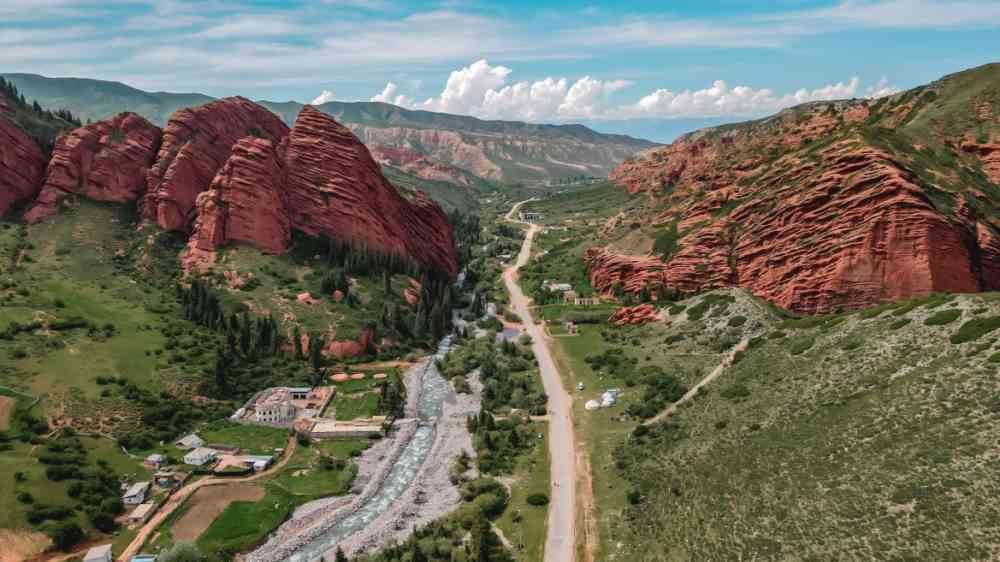A new Atlas of Environmental Change launched today by the UN Environment Programme (UNEP) has shown that climate change has caused temperatures in the Kyrgyz Republic to rise at twice the global average, exacerbating water stress and the risk of natural disasters.
The average annual temperature in the country has increased by 1.2°C between 1960 and 2023— compared to a global average of 0.6°C. This rise is expected to speed up in the coming decades. Warmer temperatures mean that river flows are projected to decrease while demand for water increases.
The Atlas data underlines the urgent need for strong climate adaptation policies to reduce irrigation losses, strengthen early warning systems, as well as to improve pasture management —70% of pastures in the country are estimated to be degraded.
“The Kyrgyz Republic is at the frontline of climate change impacts,” said UNEP’s Europe Office Director, Arnold Kreilhuber. “The wealth of data in this Atlas can form a solid evidence base to support the country in adapting to environmental change and manage the environment sustainably for current and future generations.”
Read also: German climate change litigation case continues
The report also found that water resources are one of the most important and at the same time the most vulnerable components of the natural environment, which are changing very quickly under the influence of human activities and climate change.
Up to 93% of the Kyrgyz Republic’s electricity is generated by hydropower plants. Climate change, which can lead to a decrease in rainfall, shifting snow covers, and glacial retreat, makes it likely that all reservoirs in the country will receive less water over the next thirty years. For example, water inflow to the Toktogul reservoir, a key source of hydropower, is projected to drop by up to 18.8% by 2050 — meaning less water to turn turbines and generate electricity.
Climate change is furthermore increasing the frequency and intensity of natural disasters. On average, 200 emergencies are registered in the country each year, 90% of which are of a natural origin, such as flooding, earthquakes, mudslides, rockfalls and avalanches. In 2022, natural disasters resulted in nearly 150 people losing their lives and triggered annual average economic losses of $27 million between 2012-2018.
The report also showed that Kyrgyz Republic is located at the upper reaches of many major rivers, making transboundary cooperation and integrated water management important for the entire region.
Story was adapted from UNEP NEWS.
